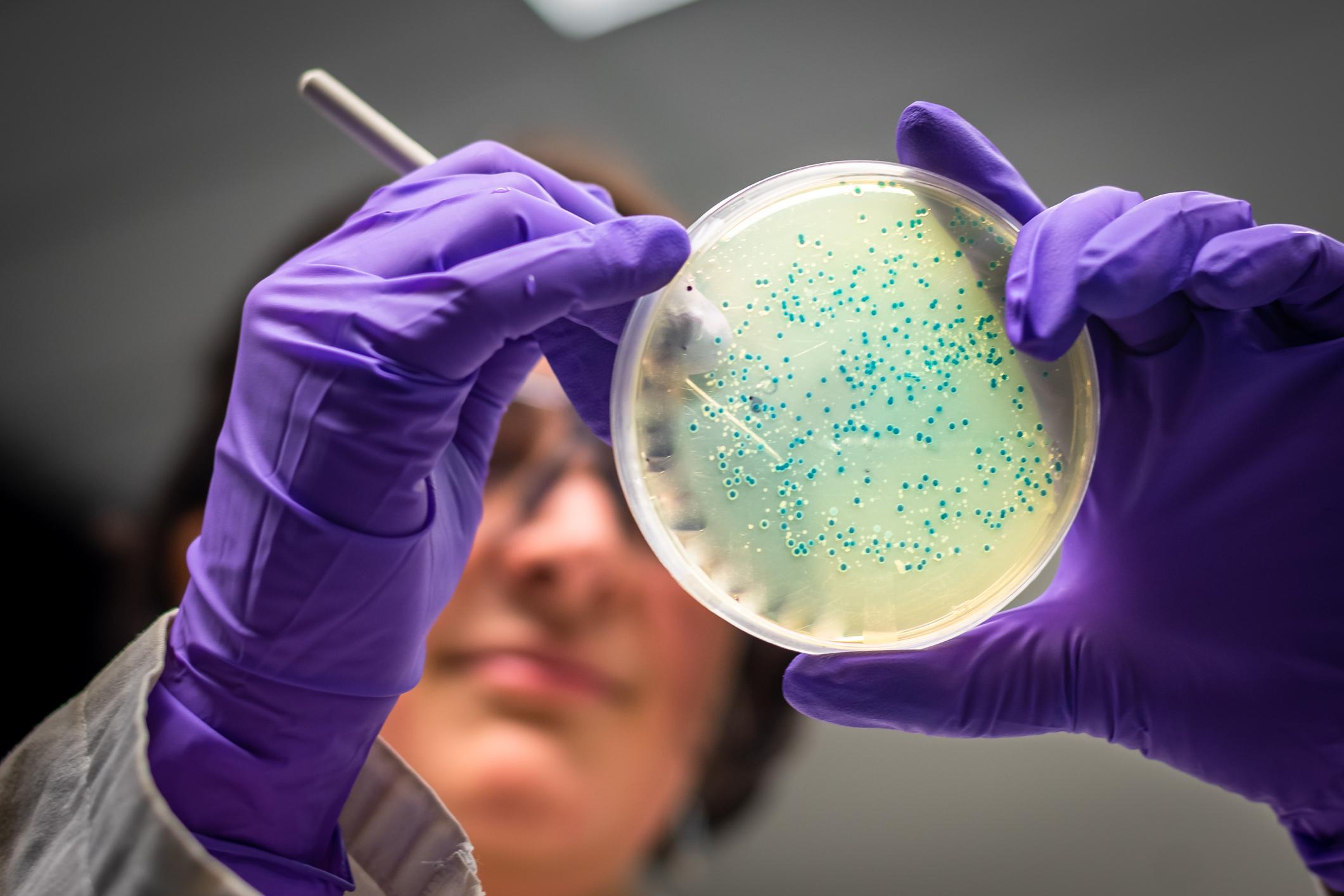Antibiotics or surgery? A clinical trial, named Comparing Outcomes of Antibiotic Drugs and Appendectomy (CODA), brought together 25 hospitals across the United States to compare the pros and cons of the two methods in treating appendicitis. Funded by the non-profit Patient-Centered Outcomes Research Institute (PCORI), this trial is considered the largest randomized clinical trial in appendicitis conducted to date. According to the results of this published study on October 5 in the New England Journal of Medicine, the use of antibiotics can sometimes be preferred to surgery under certain conditions. “We found that antibiotics were no worse than surgery when measuring overall health, allowing most people to avoid short-term surgeryanalyzes Lillian Kao, director of the division of acute care surgery at McGovern Medical School and principal investigator of the CODA trial site at Memorial Hermann-Texas Medical Center. There were pros and cons to both treatments, and patients are likely to prioritize them in different ways depending on their characteristics, concerns, and perspectives.”
The main concern of people with appendicitis? The time spent in the hospital. However, according to this group of researchers, the use of antibiotics does not necessarily allow you to spend less time in the hospital. Scientists have noticed that while 50% of people treated with antibiotics avoid hospitalization, the average time spent in hospital for the entire group of patients treated with antibiotics is equivalent to that spent by people undergoing surgery. A disappointment which should not attenuate the advantage of the use of antibiotics. “People treated with antibiotics returned to the emergency department more often but missed less time from work and school.notes Bonnie Bizzell, chair of CODA’s Patient Advisory Committee.
Antibiotics: the challenge of avoiding surgery
In this trial, 1,552 participants were randomized to first receive appendectomy or antibiotics for acute appendicitis (uncomplicated intervention). Thanks to this trial, they were able to establish that treatment with antibiotics can prevent an appendectomy 7 times out of 10. In 3 cases out of 10, the use of antibiotics is not enough, and surgery must be performed in the 90 days. However, if appendicitis presents with a complication such as the appearance of appendicolith (a calcified deposit in the appendix which doubles the risk of complications), the antibiotic failure rate rises to 4 out of 10 cases. However, no difference between the two techniques on the duration of appendicitis symptoms.
“The balance between these risks and the benefits of each treatment should be individualized for each patient based on their unique situation and preferences. says Mike Liang, associate professor of surgery at McGovern Medical School at UTHealth and principal investigator at Harris Health’s Lyndon B. Johnson Hospital. In particular, using this data will make it easier to determine who might benefit the most from surgery or drug treatment. This trial will also allow us to see the long-term results of these two treatments.” The CODA Collaborative, made up of clinicians from each of the 25 CODA trial sites, advises patients to continue sharing their trial results as follow-up continues.

















